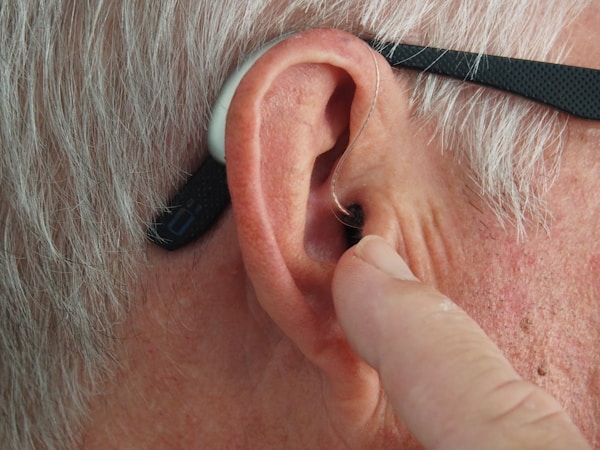Hearing loss is more common than you may think. In fact, one in every five people experiences some form of hearing difficulty by the time they reach retirement age. For those who are already living with these concerns, the condition can lead to feelings of isolation, depression, and anxiety.
Hearing loss can make it difficult to communicate with others, which can lead to a feeling of isolation. You may feel like you can’t participate in conversations or activities that you used to enjoy. This can also lead to depression, as you may feel like you’re missing out on life.
Anxiety can also be a problem for those with deafness or conditions like tinnitus. You may feel anxious about going to social events or gatherings, where you’ll be around a lot of people. You may also feel anxious about not being able to hear what’s going on around you.
There are treatments available for hearing difficulties, such as hearing aids and cochlear implants. If you’re having trouble coping, please talk to your doctor. They can help you find the treatment that’s right for you.
Deafness and Depression

There is no one definitive answer to the question of whether there is a link between hearing loss and depression. However, there is substantial anecdotal and scientific evidence that suggests a correlation between the two conditions.
Studies have shown that people with hearing difficulties are at a higher risk for developing depression. There are a number of potential explanations for why there might be a link between hearing loss and depression. One theory is that people with deafness may find it harder to communicate with others, which can lead to feelings of isolation and loneliness. This isolation can then lead to the development of depression.
Another theory is that hearing loss can cause a person to feel less engaged in the world around them, which can lead to a feeling of sadness and despair. Additionally, people with partial or permanent hearing loss may have a harder time participating in activities they enjoy, which can also lead to feelings of depression.
While the link between deafness and depression is not yet fully understood, there is evidence that suggests a strong correlation between the two conditions. If you’re experiencing any of these negative emotions as a result of your hearing loss, know that you’re not alone. Treatment options like IOP groups can help you cope with this loss of hearing and reclaim your life. Here are a few tips for coping with depression and anxiety related to hearing difficulties:
Talk to your doctor.

If you’re experiencing negative emotions because of your symptoms, it’s important to talk to your doctor. He or she may be able to prescribe medication to help you feel better. Or, your doctor may refer you to a therapist who can help you manage your feelings.
Remember, you’re not alone. There are many people who understand the feelings associated with hearing loss after an accident or illness and can offer support. Don’t be afraid to ask for help.
Stay social.
Staying social is a key part of maintaining a healthy mental state. It’s also a great way to meet new people and make new friends. When you’re feeling down, it can be tough to get motivated to go out and be social. But it’s important to push through that feeling and get out there.
There are lots of different ways to stay social. You could join a club or group that interests you, or attend social events in your community. You could also Skype with friends and family members. This is a great way to stay connected with loved ones who live far away.
Seek support.
If you are experiencing hearing impairment, you may feel alone and isolated. However, there are many online and in-person support groups for people with different types of hearing loss. These groups can provide you with invaluable emotional support.
Stay positive.
It’s easy to feel negative when you’re struggling with these emotions, but it’s important to focus on the positives. Make a list of things you’re grateful for, and try to keep a positive attitude.









